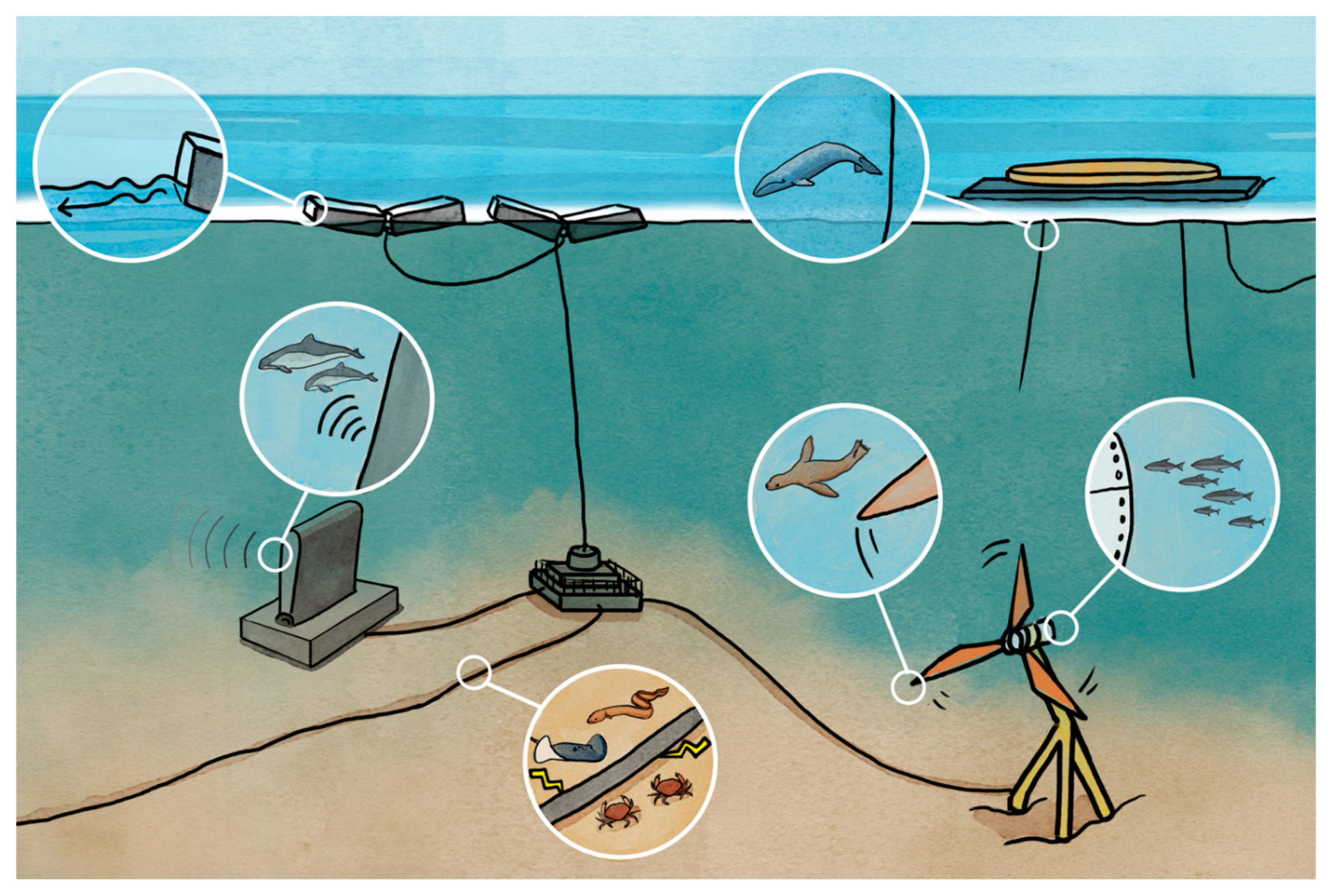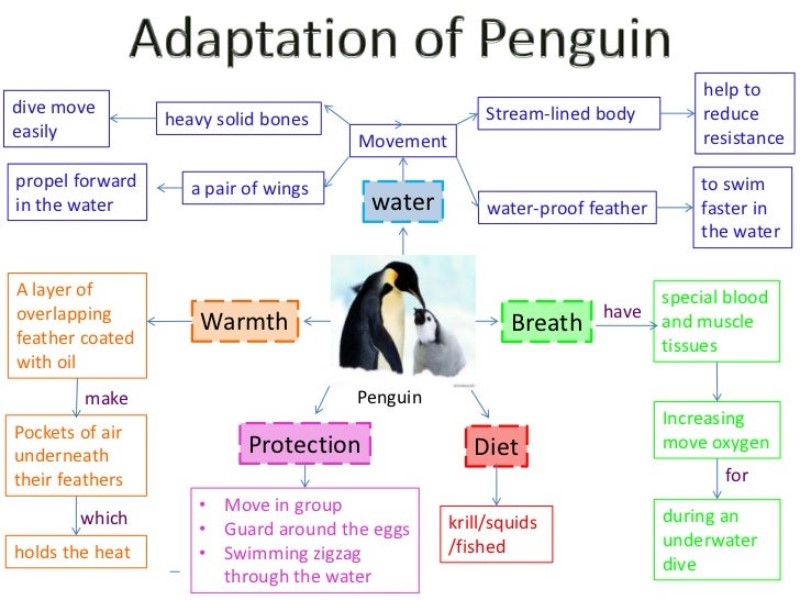10 Marine Biology Implication of Work and Energy
Understanding Energy Flow in Marine Ecosystems
Energy flow is fundamental to the functioning of marine ecosystems. It begins with primary producers, such as phytoplankton and seaweeds, which convert solar energy into chemical energy through photosynthesis. This energy then moves through the food web as different organisms consume one another.
- Producers: Capture light energy and convert it into chemical energy.
- Consumers: Obtain energy by feeding on producers or other consumers.
- Decomposers: Break down dead organic matter, recycling nutrients back into the ecosystem.
This flow of energy is essential for maintaining the balance of marine ecosystems and is quantified through various metrics, such as primary productivity and trophic efficiency.
Applications in Behavioral Ecology
Recent research has introduced frameworks like the Seascape of Ecological Energy (SEE-scapes), which integrates concepts from behavioral ecology to study how energy influences marine species' behaviors. This approach emphasizes:
- Energetic Expenditure: Understanding how much energy marine animals expend during activities such as foraging, mating, and migration. This can affect their survival and reproductive success.
- Behavioral Adaptations: Investigating how animals adapt their behaviors based on the availability of energy resources, which can be critical for species survival in changing environments.
Marine Energy Research
The principles of work and energy are also pivotal in the development of marine energy technologies. These technologies harness kinetic and potential energy from ocean waves, tides, and currents to generate electricity. Researchers study:
- Energy Conversion Technologies: How devices like wave energy converters and tidal turbines can efficiently transform marine kinetic energy into usable power. For instance, innovations in wave energy capture mechanisms are designed to maximize energy extraction while minimizing environmental impact. (See example study)
- Ecosystem Interactions: Understanding the potential impacts of marine energy installations on local ecosystems, including changes in animal behavior due to underwater noise generated by these devices. This research helps assess risks to marine life and informs sustainable development practices.

Potential Environmental Effects of Marine Renewable Energy Development—The State of the Science
The concepts of work and energy are integral to marine biology research. They facilitate a deeper understanding of ecological interactions, species behaviors, and the sustainable harnessing of marine resources. By applying these principles, researchers can better comprehend the dynamics of marine ecosystems and develop technologies that align with ecological sustainability.
.png)




.png)
.png)
.png)
Comments
Post a Comment